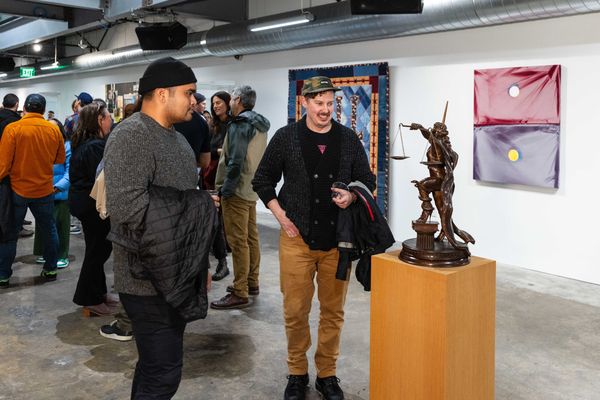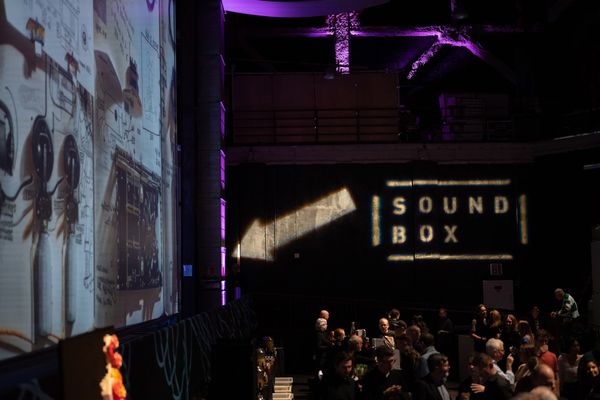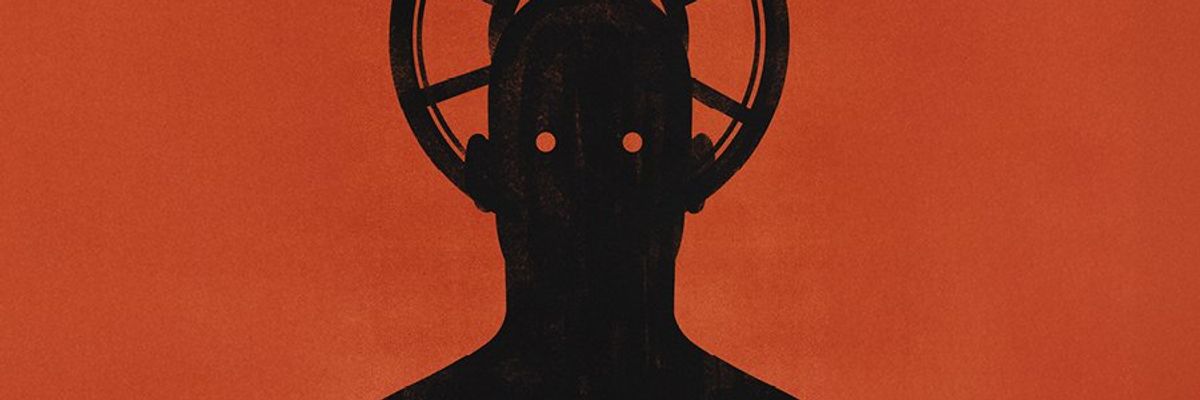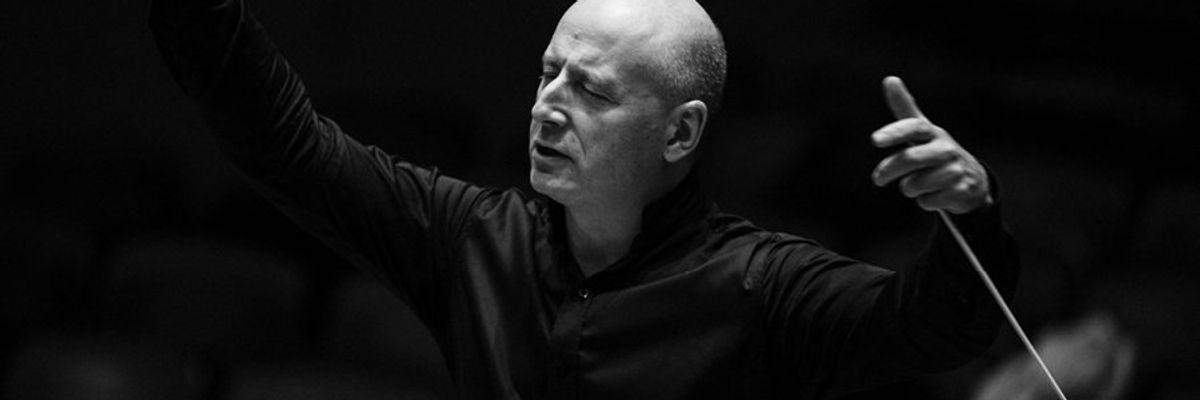Taking risks has never intimidated Mark and Jay Duplass.
Since debuting at Sundance in 2003 with This Is John, an eight-minute short shot on a three-dollar budget, the New Orleans-born brothers have gained fame (but not always fortune) as the founders of mumblecore, a verité-style approach to filmmaking that favors improvisation over scripted drama. So perhaps it should come as no surprise that they took an equally fearless approach in casting Cyrus, their first studio film, which opens Friday.
In the movie, John C. Reilly plays John, a lonely divorcé whose latest romance is nearly sabotaged by his girlfriend’s pathologically possessive son. Mark and Jay knew they needed Riley for the role – they wrote the movie with him in mind – but they never bothered to tell him.

“If he didn’t take the part, Cyrus probably would never have been made,” says Jay, 37. “It was a ridiculous gamble to do something like that, but when you’re that inspired by one human being, you can’t help it. It’s nothing we’d recommend to anyone, including ourselves, but this is a tricky role.
“John does some questionable stuff, so we needed someone that audiences could get behind regardless of what he was doing. There was nobody who embodied the commonality and emotionality we were looking for more than John C. Reilly. He’s just a genuine dude.”
As fate would have it, Reilly was a fan. His wife, indie film producer Alison Dickey, had turned him on to Mark and Jay’s 2005 debut, the no-budget romantic comedy The Puffy Chair, and had encouraged him to work with the brothers, whose D.I.Y. style suited Reilly’s talent for improv. Soon after, Mark and Jay presented him with a script.
“We weren’t close at all,” says Reilly, 45. “The first time we met, they told me Cyrus wouldn’t work without me. But it’s not every day that someone writes a script with you in mind. It’s very flattering, and it means someone has taken the time to think about what you bring to the table that’s unique. It means they have a vision.
“Sometimes I’m offered things, and the producers tell me they need an answer by Friday or they’re moving on to somebody else. To me, a movie is only worth doing if you get the perfect people to do it, with first choices all around. If you’re just trying to beat a deadline and you don’t care who plays the parts, why bother?”

Reilly acknowledges that scripts tailored to his specific talents might never have reached his desk without director Paul Thomas Anderson, who picked the curly-haired Chicago native to star in his 1996 debut, Hard Eight, and his 1997 follow-up, Boogie Nights. For the first decade of his career, Reilly says he struck filmmakers, many of whom were unfamiliar with his previous work, as a welcome surprise. Not Anderson.
“Paul is a psycho Brian De Palma fan, so I know he’d seen me in Casualties of War,” Reilly says, referring to his 1989 big-screen debut, in which he played an American soldier in Vietnam opposite Michael J. Fox and Sean Penn. “But he’d seen everything I’d ever made to that point, which was about a dozen movies.”
Reilly laughs when recalling some of the movies he’s made since then. “I did Days of Thunder because I wanted to work with Robert Duvall,” he says of the 1990 NASCAR drama in which Tom Cruise takes his Top Gun act to the racetrack. “Then I found out Robert Duvall did it because he wanted a lot of money.”

Today, Reilly is grateful to be working with filmmakers, like Mark and Jay, who refuse to settle for second choices and trust their actors to participate in the creative process, though he admits it’s sometimes easier to stick to a script. (“I don’t mind being a puppet,” he says.) When he read the script for Cyrus, which Mark and Jay used only as a loose outline to inspire the cast, he knew he’d found, as he puts it, his “holy grail.”
“I was really drawn to the way Mark and Jay like to work,” he says. “We shot the movie in order, which almost never happens these days. I don’t know why. The story comes together so organically when you do that. And I liked the hopeful arc of the character they created. He’s desperate – he’s got nothing to lose, so he’ll say and do anything. He’s afraid to trust love, but he does.
“I’m not sure about this mumblecore label. It sounds like a left-handed compliment to me. What does it mean? I guess it means that Mark and Jay reject processed storytelling and phony, B.S. characters. Maybe they’re not as economical with their words as some writers, but who cares? That’s exactly why I wanted to work with them.”




















